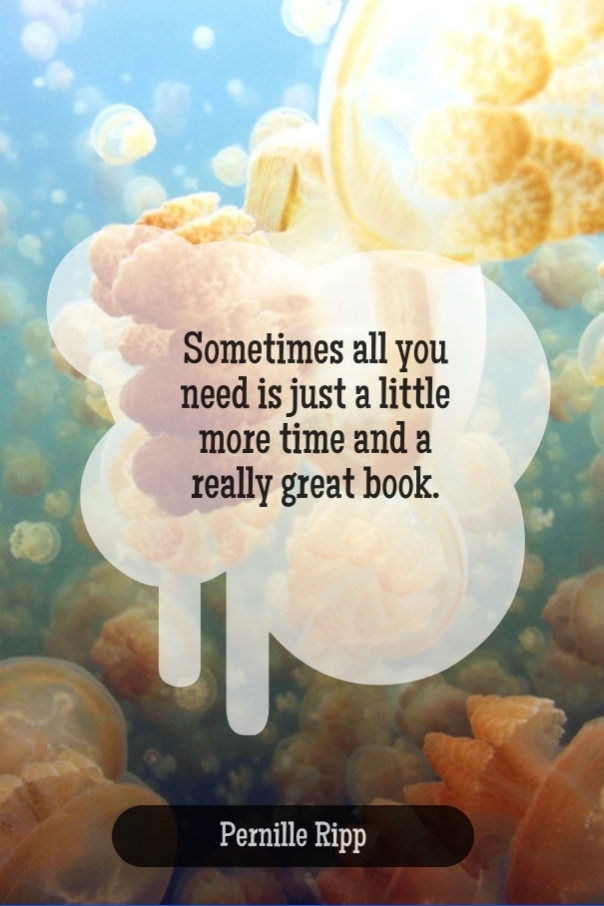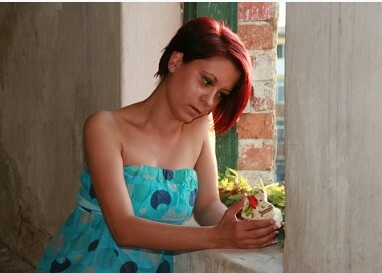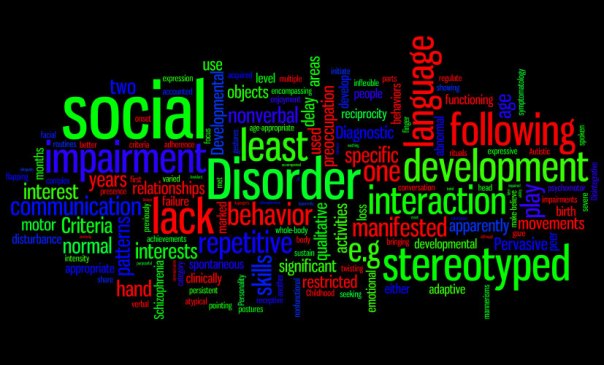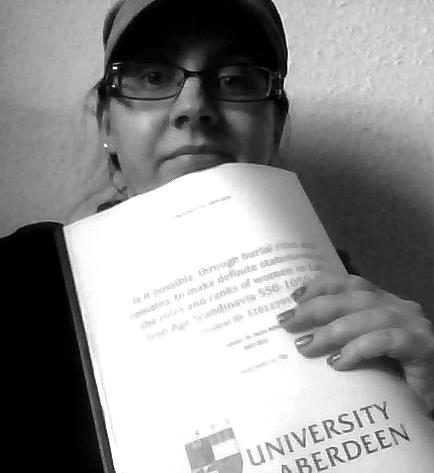Yes (many times yes…)
I am a huge proponent of critical reflection and teach this as a subject within all my subjects (to adults), but i have seen how we can turn children off their individual relationships with reading, creative thinking & play, dreaming (ahhh) and so on… why can’t they just find someone to talk to about it – if they want to? reading is a special, internal joy that, much like home-made jokes, tends to lose something in the telling, unless others are excited about the stories / ideas in them as much as we are, brimming over with the desire to share ‘the best bits’ and the howlers, the fun of it all, the intimacy of our thoughts and feelings nurtured or protected… choice is a fundamental issue in learning: if i am not excited by one book / play / topic / tv programme / film, then if there is not a promise of hidden treasure(s) or of the ‘next’ one being a potential corker, its hard to get and keep motivated, interested – but that’s me firing off the first thing i thought of in response to this clever and passionate post, not a rounded argument or the like, just someone with dyslexia and beyond who is a great, if uneven, reader with concentration issues 🙂

Choice.
The number one thing all the students I have polled through the years want the most when it comes to reading. No matter how I phrase the question, this answer in all of its versions is always at the top. Sometimes pleading, sometimes demanding, sometimes just stated as a matter of fact; please let us choose the books we want to read.
Yet, how often is this a reality for the students we teach? How often, in our eagerness to be great teachers, do we remove or disallow the very things students yearn for to have meaningful literacy experiences? How many of the things we do to students would we never put up with ourselves? In our quest to create lifelong readers, we seem to be missing some very basic truths about what makes a reader. So what are the rules we would probably not always follow ourselves?
Removing…
View original post 1,387 more words






